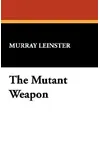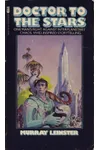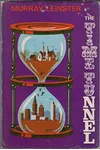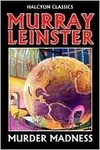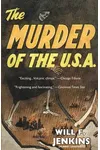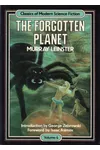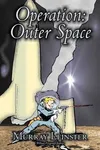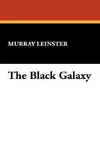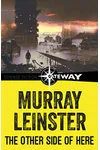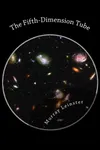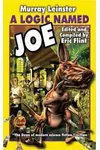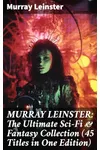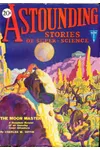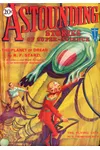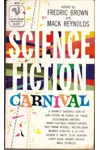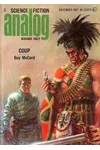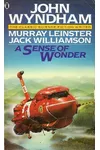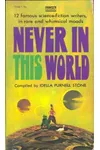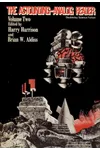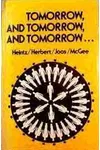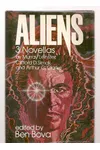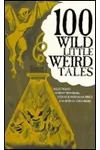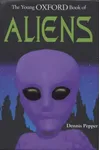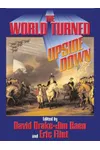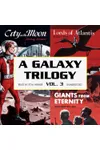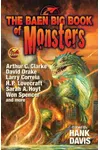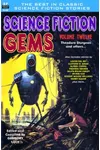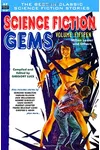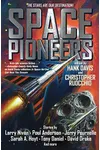Picture an American storyteller who predicted the Internet decades before it existed—meet Murray Leinster! Born William Fitzgerald Jenkins, this science fiction pioneer spun over 1,500 tales, blending adventure, wit, and uncanny foresight. From his 1946 gem A Logic Named Joe to his Hugo Award-winning work, Leinster’s stories shaped the genre and still captivate readers today.
With a career spanning from 1916 to the 1960s, Leinster wasn’t just a writer—he was a visionary who tackled parallel universes, first contact with aliens, and tech that felt like magic. Ready to dive into his world? Let’s explore the life, works, and legacy of this sci-fi legend!
The Making of Murray Leinster
Born on June 16, 1896, in Norfolk, Virginia, William Fitzgerald Jenkins grew up in a modest family, with his father working as an accountant. A high school dropout, young Will was a self-starter, diving into freelance writing before World War I. By age 19, his first story, The Foreigner, appeared in H.L. Mencken’s literary magazine The Smart Set. Mencken suggested a pen name for his pulp fiction, and thus, Murray Leinster—named after his mother’s maiden name and a nod to the Dukes of Leinster—was born. His early years in New York City fueled his imagination, blending science, philosophy, and a knack for tinkering that would define his career.
Murray Leinster’s Unforgettable Stories
Leinster’s bibliography is a treasure trove of science fiction innovation. His 1946 short story A Logic Named Joe, published under his real name, William F. Jenkins, introduced ‘logics’—personal computers linked in a network eerily similar to today’s Internet. This tale of sentient tech causing chaos was decades ahead of its time. Then there’s First Contact (1945), a novella that gave us the universal translator, a staple in sci-fi like Star Trek. His 1934 story Sidewise in Time pioneered parallel universe narratives, influencing writers like Isaac Asimov.
Leinster’s style was accessible yet profound, mixing pulp adventure with big ideas. His 1956 Hugo-winning novelette Exploration Team showcased his knack for blending human ingenuity with alien worlds. Whether writing about space pirates in The Pirates of Ersatz or medical mysteries in the Med Ship series, he crafted stories that were thrilling, witty, and thought-provoking. His ability to predict technologies and explore ethical dilemmas made his work timeless.
Beyond sci-fi, Leinster dabbled in mysteries, westerns, and even romance under pseudonyms like Louisa Carter Lee. His versatility shone in radio scripts, TV tie-ins like Land of the Giants, and 14 movie scripts, proving he could captivate any audience.
Why Murray Leinster Matters
Murray Leinster’s impact on science fiction is monumental. His Sidewise in Time inspired the Sidewise Award for Alternate History, and his tech predictions in A Logic Named Joe foreshadowed the digital age. He thrived in the John W. Campbell era, publishing over three dozen stories in Astounding and Analog, cementing his status as a genre titan. His ideas influenced Asimov, Vance, and Chalker, while his universal translator concept became a sci-fi cornerstone.
Leinster’s legacy endures through reprints, anthologies like First Contacts: The Essential Murray Leinster, and even a nod in the 1979 film Starcrash, where a spaceship bears his name. Virginia honored him with Will F. Jenkins Day on June 27, 2009, celebrating his creative genius. His stories remain a gateway to the golden age of sci-fi, blending wonder with warnings about technology’s double-edged sword.
- Birth Date: June 16, 1896, Norfolk, Virginia
- Key Works: A Logic Named Joe, First Contact, Sidewise in Time, Exploration Team
- Awards: 1956 Hugo Award for Exploration Team, 1996 Retro Hugo for First Contact
- Pseudonyms: Will F. Jenkins, William Fitzgerald, Louisa Carter Lee
Snag A Logic Named Joe or First Contacts and dive into Murray Leinster’s thrilling sci-fi universe! His stories are a time machine to a future he saw coming—grab a book and see for yourself!

